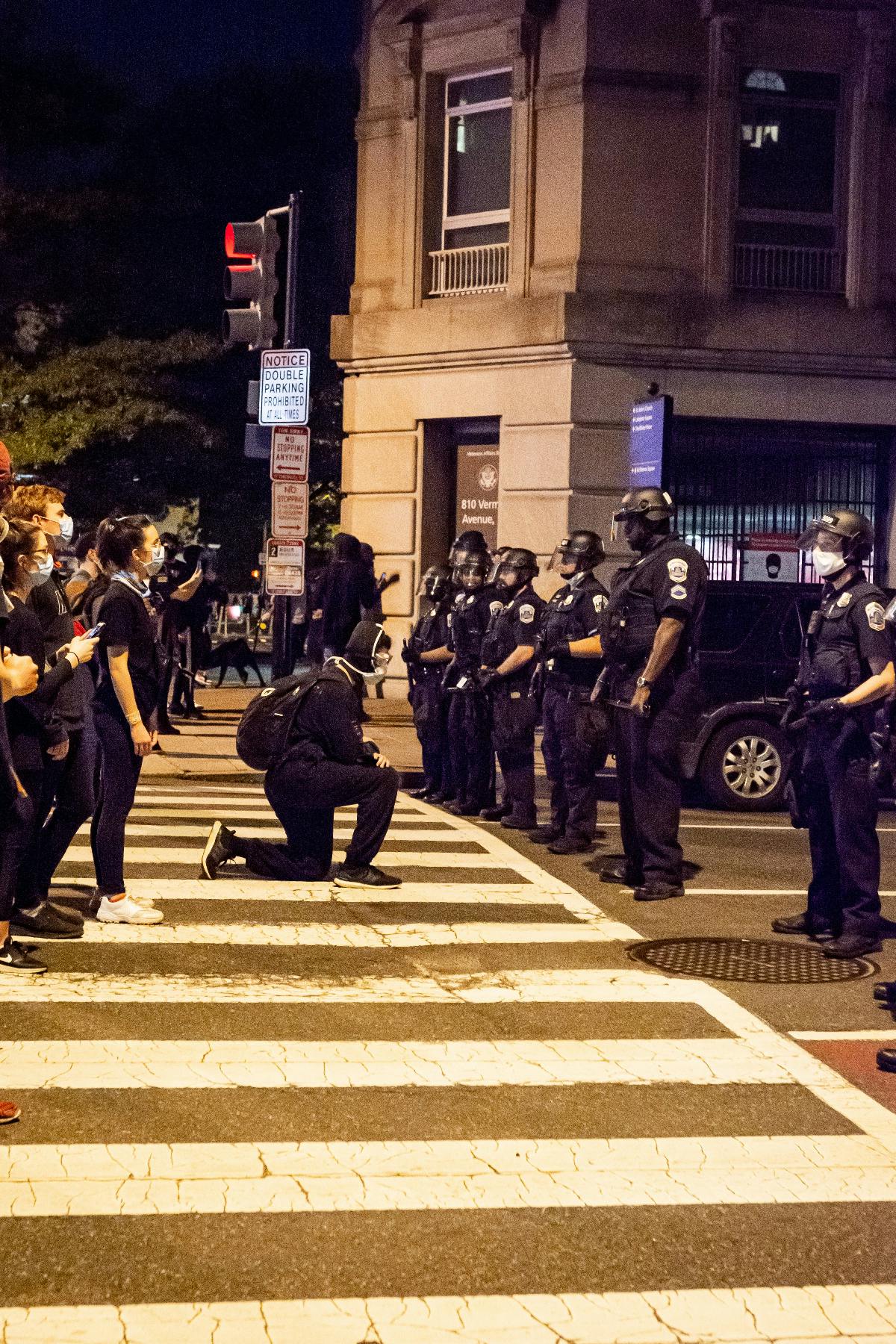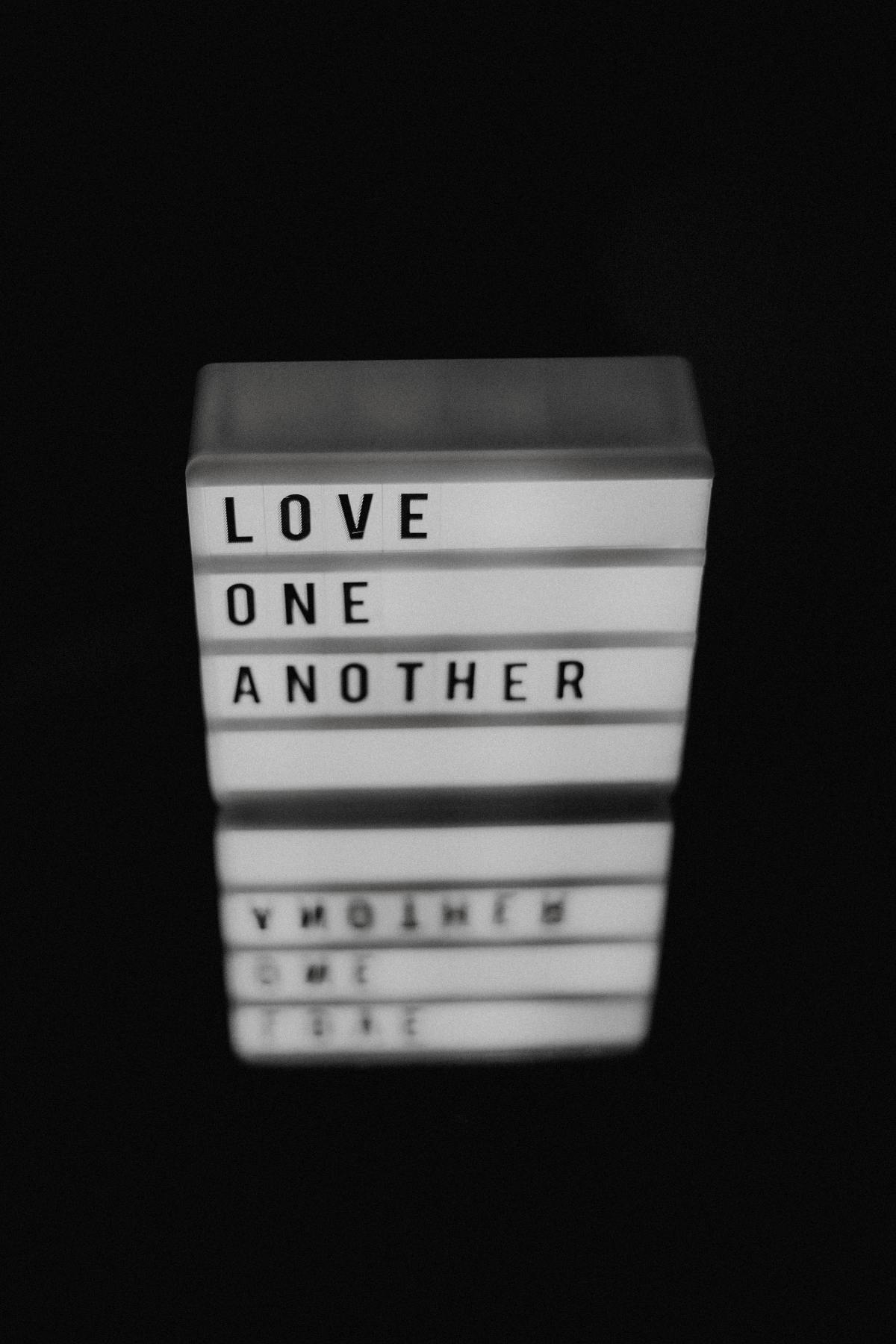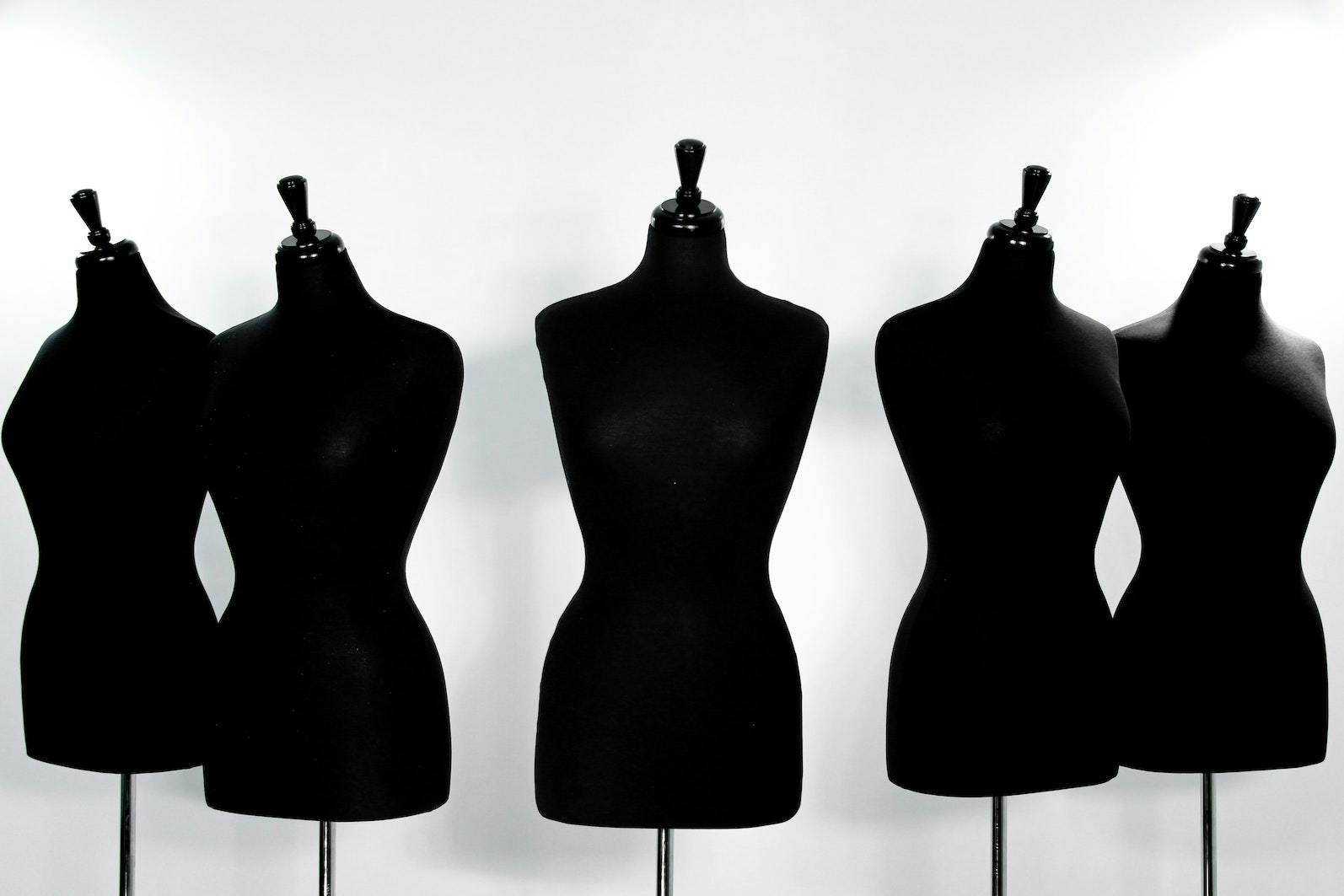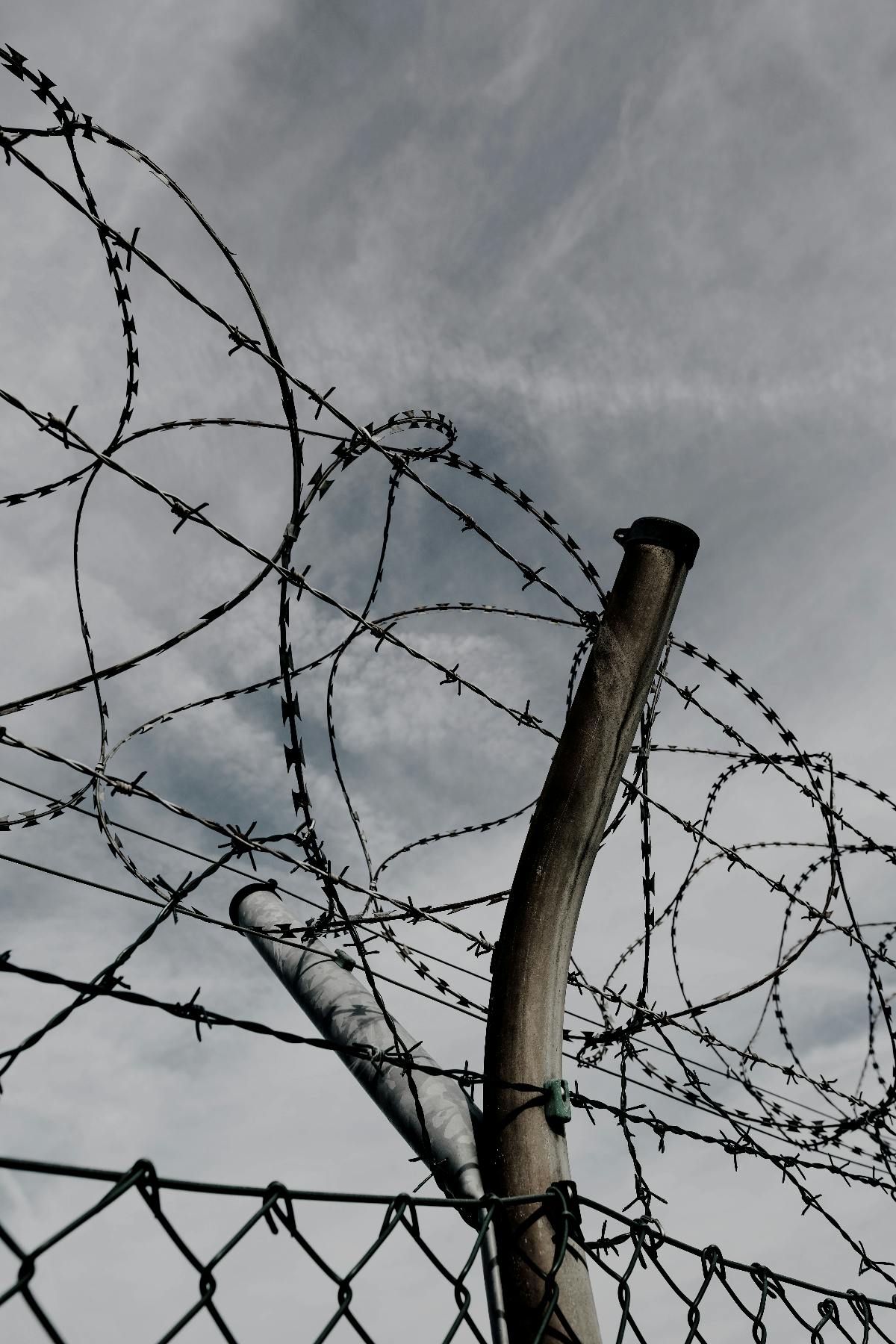
As a human being on this planet, you are entitled to certain rights. Take a cursory look around the world, even in the United States, and it’s easy to see that these rights are often violated, ignored, and encroached upon, sometimes with devastating effects.
The Importance of Human Rights Day
As a human being on this planet, you are entitled to certain rights. Rights are inherent to all humans, regardless of race, sex, nationality, ethnicity, language, religion, or any other status. Human rights include the right to life and liberty, freedom from slavery and torture, freedom of opinion and expression, the right to work, to receive an education, and so much more. Everyone is entitled to these rights without discrimination.
Take a cursory look around the world, even in the United States, and it's easy to see that these rights are often violated, ignored, and encroached upon, sometimes with devastating effects. It’s heartbreaking and demoralizing to see human beings being treated in subhuman ways.
Human Rights Day is the day when we all open our eyes a little wider and realize that these rights we all have as humans may need more attention, and those in powerful positions may need to make these rights their priority again. We can’t assume that all nations and leaders will simply follow and adhere to human rights. Human rights are rights that we, as a global community, must continue to shine a light on and fight for, day after day after day.
"The rights of every man are diminished when the rights of one man are threatened." -John F. Kennedy.
The Declaration of Human Rights
The United Nations has worked for decades to bring about worldwide change and recognition of the atrocities that some nations, including our own, have perpetrated on humanity. One of the most outstanding achievements of this body is the creation of a comprehensive Human Rights Law. A universal and internationally protected code to which all nations can subscribe, and all people aspire.
The foundations of this body of law are the Charter of the United Nations and the Universal Declaration of Human Rights. The General Assembly adopted these groundbreaking documents, the Charter in 1945 and the Declaration in 1948, to better the lives of all people living on this planet.
The Declaration is a unique document in the fight for universal human rights. Drafted by representatives with varied backgrounds of legal and social expertise from all regions of the world, it was proclaimed by the United Nations General Assembly in Paris on December 10, 1948, by General Assembly Resolution 217 A(III) as a common standard of achievements for all peoples and all nations.
"Everyone has the right to freedom of opinion and expression; this right includes freedom to hold opinions without interference and to seek, receive and impart information and ideas through any media and regardless of frontiers." -United Nations, Universal Declaration of Human Rights.
For the first time, this declaration set out fundamental human rights to be universally protected. Since its adoption, it has been translated into more than 500 languages, the most translated document globally. It has also been the inspiration for many constitutions for newly independent States and new democracies.
The United States is Not Immune

For some, when thinking about human rights, it’s easy to believe that those rights are only being abused in foreign nations by dictators. The fact is, the United States has and continues to violate fundamental human rights.
The enduring effects of past and systemic racist policies and laws were never more evident than during the pandemic. The grossly disproportionate effects of COVID-19 on black, brown, and Native peoples exposed a deep connection to the longstanding disparities in health, education, and economic status. These disparities have been reinforced by racist laws and policies that continue to be impediments to true equality. And stand as examples of violation of human rights.
The administration of former President Donald Trump dismantled the United States asylum system, limited access to women’s health care, undermined consumer protections against predatory lenders and abusive debt collectors, and weakened regulations that reduce pollution and address climate change. All of which violate and directly oppose fundamental human rights.
This is not a political statement; it is a simple fact. When thinking about human rights violations, it’s easy to say that’s some other nation’s problem; here we have freedom, we can raise our voices, we can demonstrate without fear of being locked up by the Stasi or some other government-operated secret police. But when the police kill people like George Floyd, which then sparks peaceful protests, and those protests are met with brutality by local police, it’s time to take off the blinders and stop saying human rights violations don’t happen here, because they do.
"There can be no peace without development, no development without peace, and no lasting peace or sustainable development without respect for human rights and the rule of law." - Former UN Deputy Secretary-General Jan Eliasson.
Great wealth, power, and progress do not automatically mean that human rights are never violated. Technical and medical advancements are not signs that a nation doesn’t violate the fundamental human rights of its citizens. No nation is perfect. No democracy is infallible. The rights of humans and the acknowledgment of those rights is an ever-evolving situation. That is why we must not only celebrate but understand that Human Rights Day is more than just a block on a calendar or a chance to post something “meaningful” on social media.
Human Rights Day

Human Rights Day is observed by the International Community every year on December 10th. The day is set aside to commemorate that day in 1948 when the United Nations adopted the Universal Declaration of Human Rights. However, it’s not a day to sit back and bask in some perceived glory of completion. Instead, it should be a day when each nation takes an honest look at themselves and asks if they are doing enough. Ask if they are following the declaration and truly adhering to the rights of all humans.
“To deny people their human rights is to challenge their very humanity.” - Nelson Mandela.
As with any day that we choose to set aside and pay attention to, Human Rights Day calls upon us to examine ourselves and our actions and ask the tough questions, are we doing enough? Are we following the right path? Is the United States setting an example for the world to follow in regard to human rights?
The sad truth is the Universal Declaration of Human Rights is not a binding document. There is no set punishment if a nation decides to deny its people their fundamental human rights willfully. Other countries can impose sanctions if the atrocities around the violation of those rights are heinous enough. However, suppose not every nation that has adopted this declaration earnestly strives to uphold its fundamental tenets. In that case, the strength of the resolution dissipates, and eventually, it is nothing more than symbolic hope.
Great nations and great people know that they have flaws, as they are human. The greatest of those nations and people admit their shortcomings and earnestly strive to improve them. The United States has grown, examined, aimed higher, achieved more, and created paths for true change to happen for generations. But, this nation is not done. It continues to grow and understand. It continues to set standards and fall short. But, no matter what, it continues forward. That forward progression means there are times when we must face hard truths, and actual change must happen.
The Declaration that the United Nations adopted in 1948 was a global endeavor. This means that all nations on this earth owe it to their citizenry to keep Human Rights sacred and protected.
Human Rights Day is a celebration of that declaration, but it is also a chance for all nations to ask if they are doing enough. It is a chance for the world to redouble its efforts to protect and enhance the rights of all global citizens.
On December 10, We here at ThoughtLab celebrate and strengthen the rights that all humans deserve.

